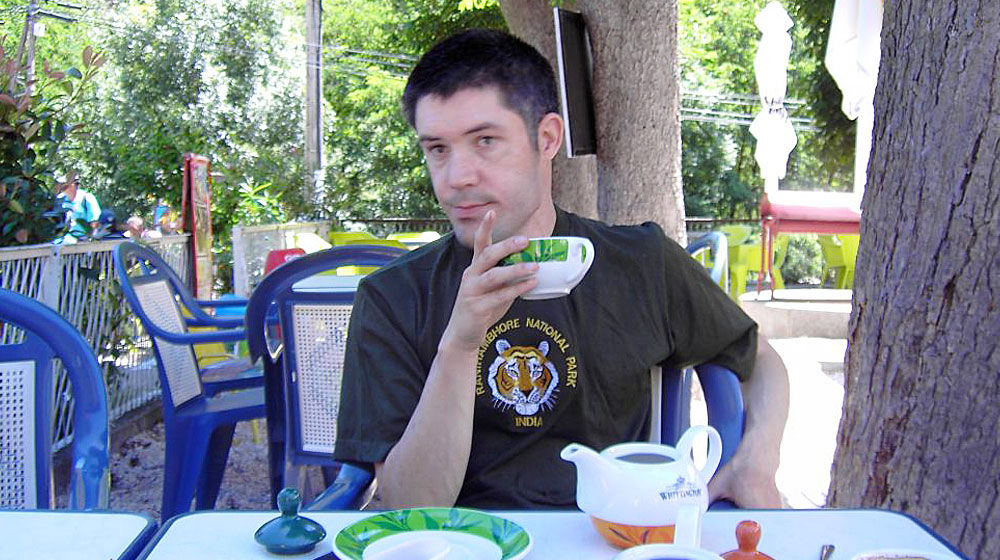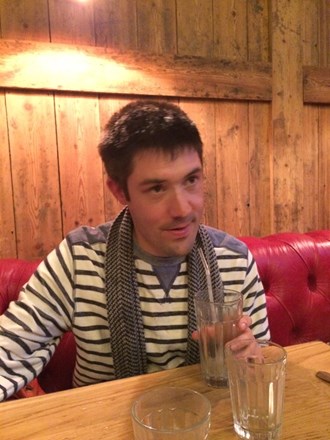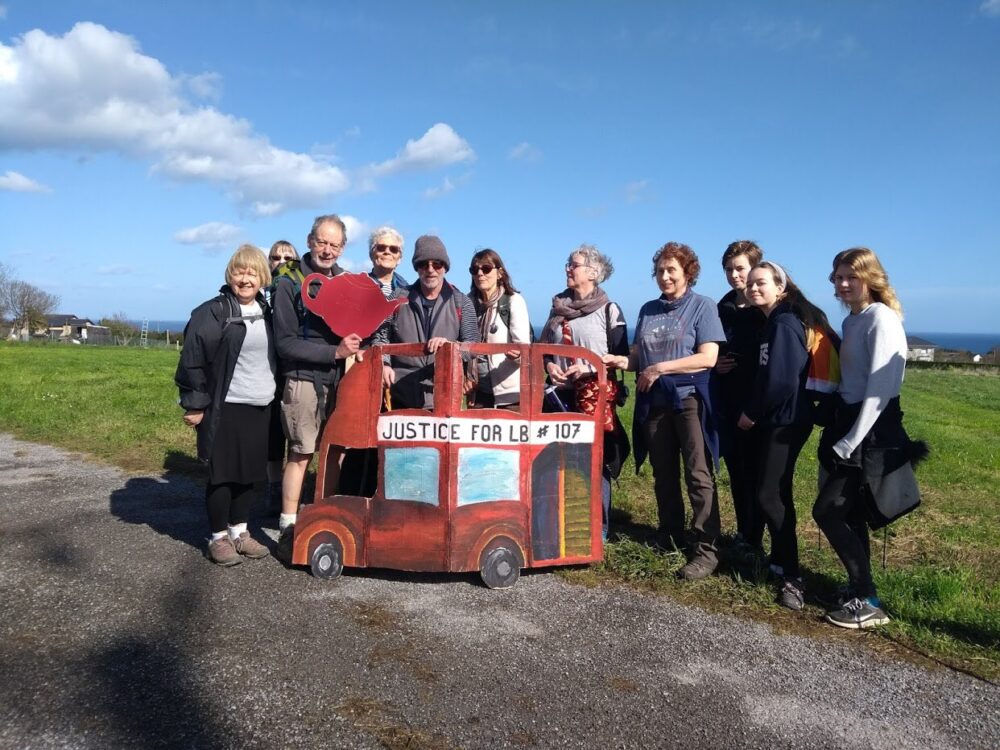Katharine Quarmby looks at how Danny Tozer died and what it did to his family

PLAIN ENGLISH SUMMARY
On 22 September 2015 Danny Tozer died in hospital at the age of 36.
His death was not expected because he was a healthy young man.
Danny had a learning disability, autism and epilepsy.
There was an inquest to find out why Danny died.
The inquest said that Danny died of natural causes and said that nobody could have prevented it.
Danny’s parents, Rosie and Tim Tozer felt Danny’s death could have been prevented and have tried hard to find answers.
They are worried about it happening to other people with learning disabilities,
This investigation is by the journalist Katharine Quarmby.
ABOUT THIS ARTICLE
It looks at what happened to Danny before and after he died.
It is hard to get answers about what really happened to Danny.
This is the same for many other people with learning disabilities that die young.
The inquest does not really look into or understand everything that contributes to a death, like poor care.
Health and care providers do not always have to own up for poor care before a death.
They are not always up front and honest about what has happened when a person dies.
Many people take no notice when a person with a learning disability dies young, like it is to be expected.
When a death is treated as natural, no-one owns up and no-one learns so it keeps happening.
Nearly half of people with learning disabilities that die, die too young.
We hear similar stories again and again like Connor Sparrowhawk, Oliver McGowan, Joanne Wadsworth, Richard Handley.
Many deaths of people with learning disabilities have included neglect of the person and the families worries being ignored.
ABOUT DANNY

Danny was the oldest of three children and was born in 1979.
His mother, Rosie says he was “a cheery and sociable toddler” who was speaking from when he was 2 years old.
Danny started to lose his speech and to become more anxious about a year later..
When Danny was three and a half he was diagnosed as autistic and he started to sign and learn at an autism unit when he was six.
At 19 Danny moved to live in an autistic community set up by parents, in the Wirral.
When Danny was 24 his brother Sam became seriously ill and died from pneumonia.
Danny had his first seizure not long after Sam died and had about one a month from then.
As long as Danny was kept safe during the seizure it was ok within a few minutes.
Things got difficult in the Wirral home and Danny was attacked at least once a month
Danny’s parents wanted him to move back closer to home. .
Danny was fun to be around “He liked a cup of tea for the social attention, he loved drinking beer as well.”
MOVING IN TO THE MENCAP HOME IN YORK

The City of York Council found a supported living home in York for Danny.
The house was for six people and run by Mencap York Domiciliary Care.
The charity that runs it, Royal Mencap says it is “the leading voice of learning disability” so they felt safe.
They were able to have happy family outings but they were worried about the care Danny had.
There was not enough staffing.
The staff seemed confused.
The support changed all the time and staff were always leaving.
The management wasn’t good and they didn’t look after the support workers.
They told Danny’s parents that there were enough checks for seizures.
Some staff were good but others did not understand what Danny needed.
They didn’t want to learn about Danny’s needs.
They said it felt like an old people’s home or a nursing home.
When they visited there was a large TV was often left on, blaring out loud
There were not many activities and many staff members often ignored what Danny’s parents suggested.
A member of staff told Danny’s mum to stop fussing.
Danny’s personal was not good and it took two years before staff cut his fingernails for him or put soap in the bathroom.
Danny sometimes smelt bad and didn’t get enough help to keep clean and tidy.
Danny started to become upset and tried to hurt himself three times.
The house did not celebrate his birthday and the rules were not to give presents for birthdays or Christmas.
Danny’s family had to push for him to see an epilepsy specialist.
They also found that Danny’s bedroom windows had been whited out so he could not see out.
The reason they gave was that children were visiting next door and if they were jumping on their trampoline they might see Danny change.
Danny’s family were so worried about where he was living, they decided to find him somewhere else when Danny’s sister Rowena was coming back.
They worried about Danny not being safe because of epilepsy, as he was having more seizures.
Danny’s bed was fitted with a seizure sensor mat which set of an alarm if he had a seizure.
Danny’s family were told he would be checked on every five minutes.
Danny ran the York 10K marathon not long before he died.
Soon after his dentist found three of Danny’s teeth were rotten and had to be removed. His dental care had been neglected.
DANNY’S DEATH
Danny’s parents were away when they received a call and told that Danny had had a heart attack.
They went to the hospital and found him in intensive care. He died on the 22nd September 2015
Danny’s family had to work out what happened to Danny before he died.
Danny had been left alone, awake, in his bedroom, for up to 35 minutes.
His support plan said that he should be checked every five to ten minutes.
It said if he had a seizure that lasted for more than 5 minutes, an ambulance should be called.
He was found in his room at just before 9am. An ambulance was called, and the records said that he was found face down and grey in the bed.
Danny’s funeral took place on a week or so later.
Danny’s family were determined that his death should not go unnoticed.
They became campaigners for truth, accountability and positive changes in support to protect others with similar disabilities.

